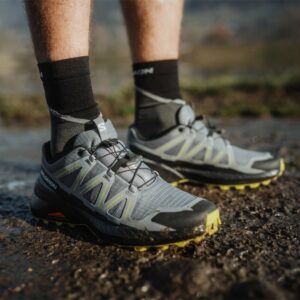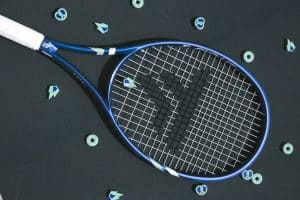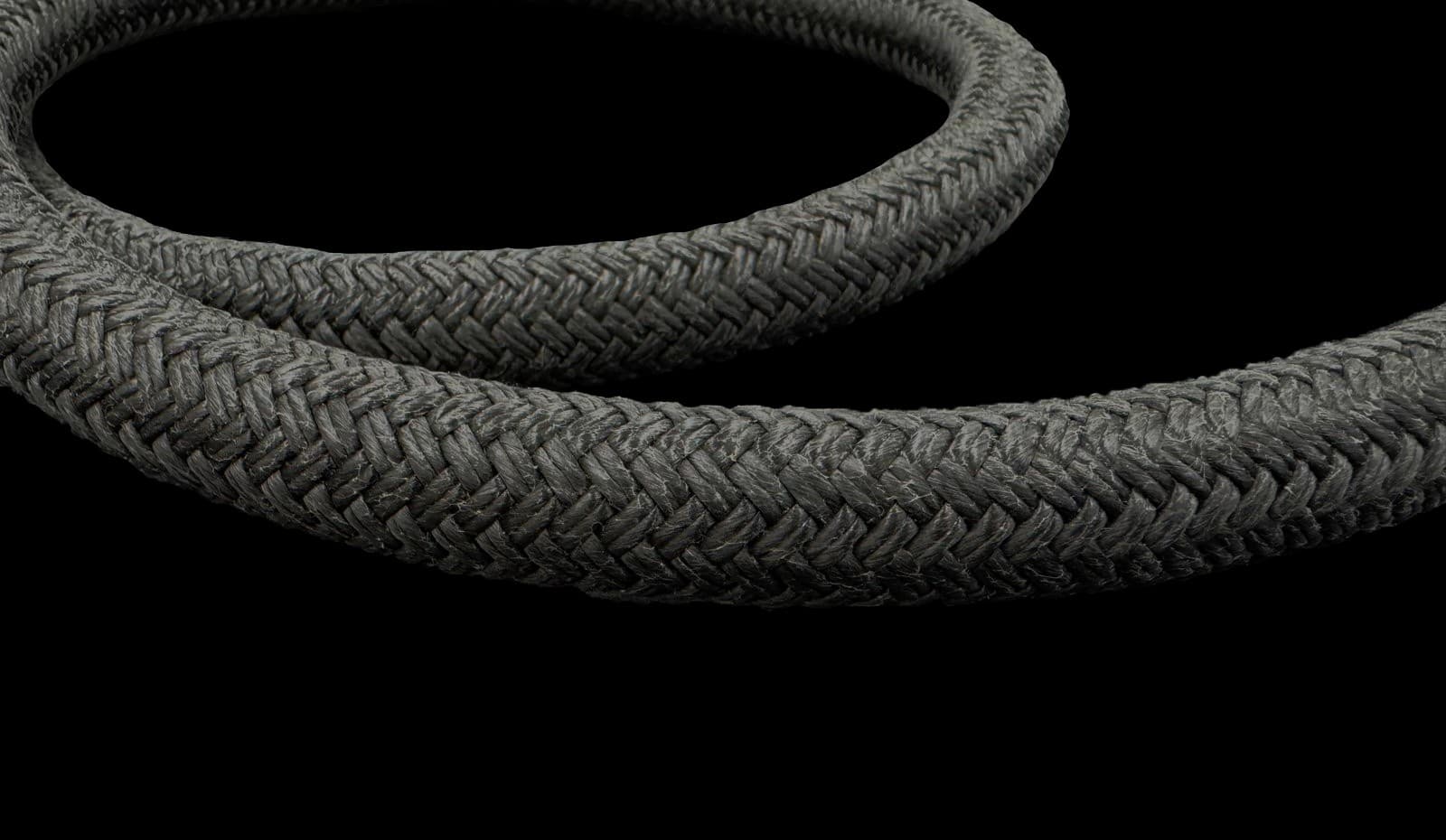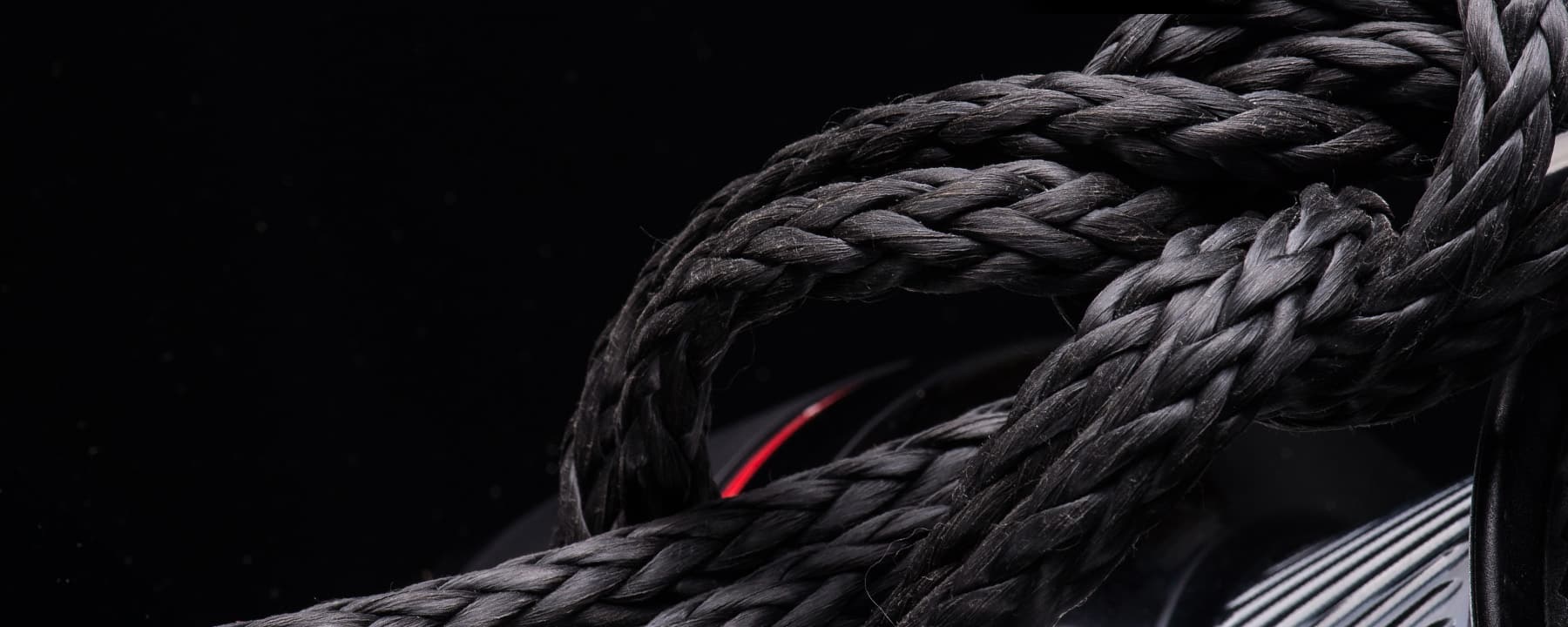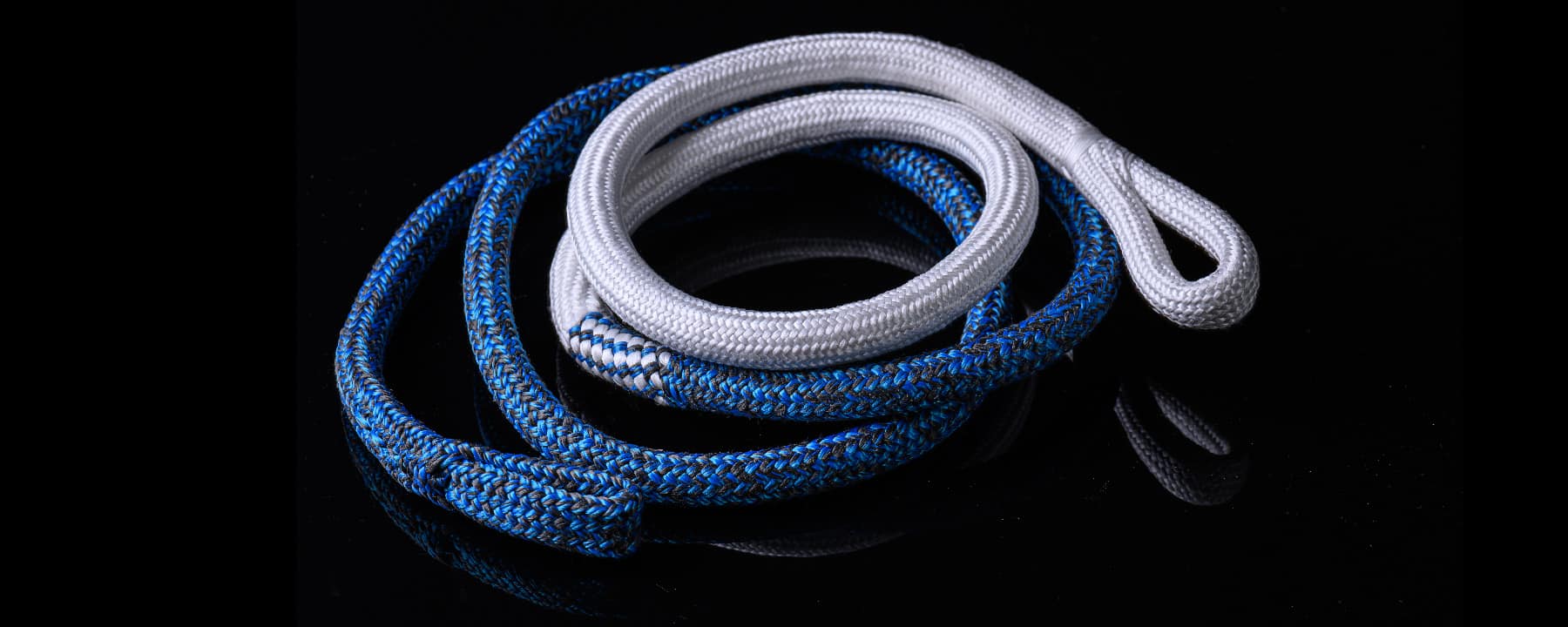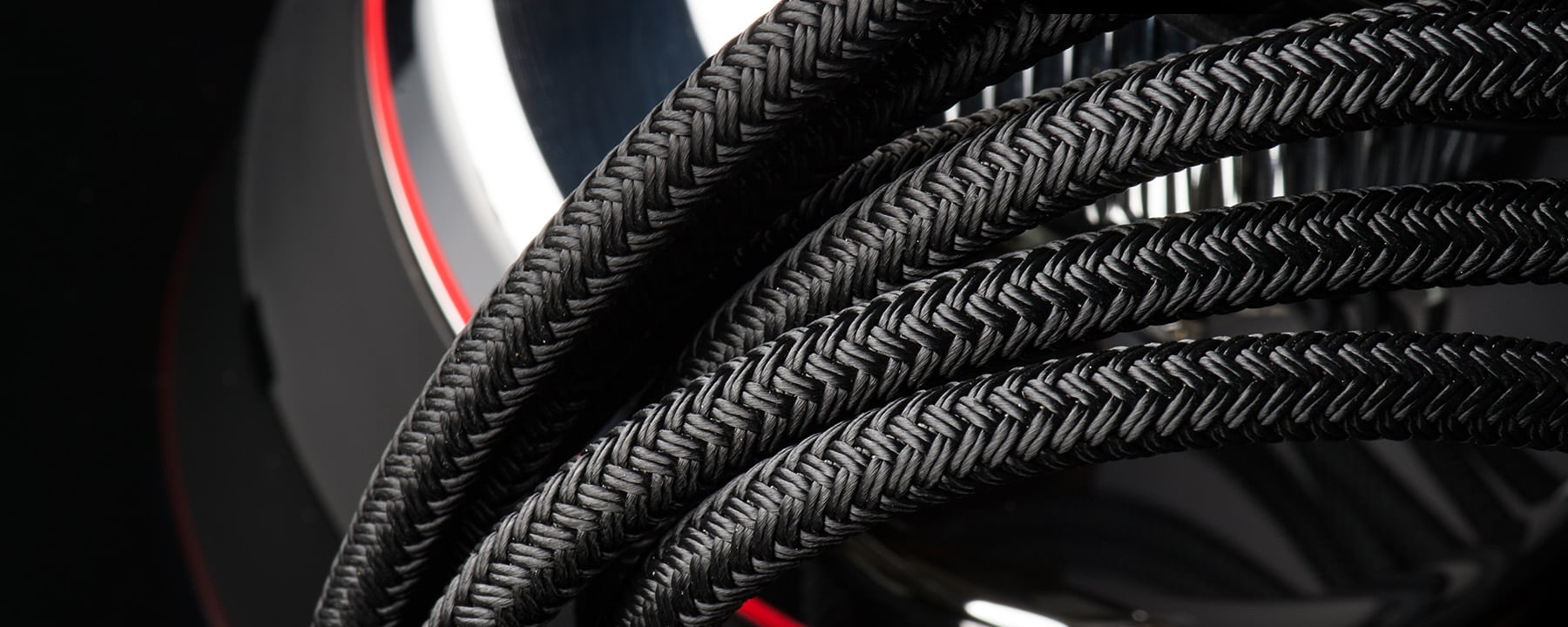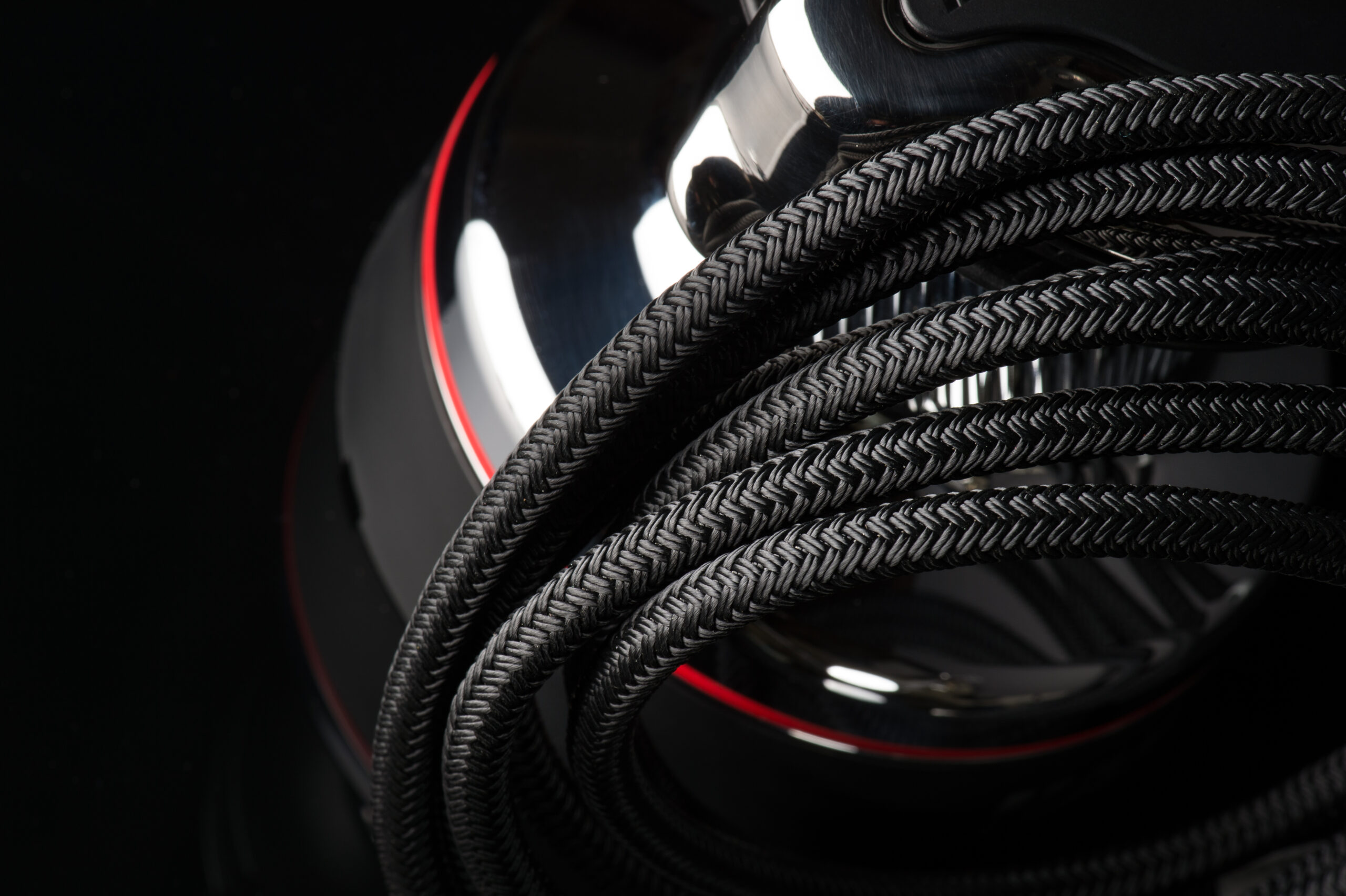
Rigging
Filter by usage
A project?
Cousin® develops your industrial projects
A high-performance industrial textile cable project?
Our design office develops your product with you.
Our process
Submit your request using our contact form:
- Requirement
- End use
- Environment in which your product will be used
- Desired technical characteristics
- Desired length and diameter
- COUSIN® brand or white label
Our design office will then examine the feasibility of your request.
All technical and mechanical criteria are analyzed, including raw materials, assembly, construction, processing, finishing, and packaging.
If development is possible, the sales team will send you a quote and delivery time.
After approval of the quote and technical file, a prototype can be tested before being sent to you. We can have your product certified by the organization of your choice.
All our products undergo rigorous laboratory testing: breaking strength, impact strength, elongation, flexibility, knotability, sheath slippage, water shrinkage, etc.
All testing complies with the various ISO regulations and European standards in force.
Additional tests can be carried out on request.
Your request is ready for industrialization.
We are committed to meeting the deadline.
Bracing, a technique that involves stabilizing or supporting a structure using tensioned cables, has undergone a major evolution with the use of high-performance textile ropes. Long reserved for steel cables, this field now incorporates innovative synthetic fibers such as Dyneema®, Technora®, and aramids, which offer equivalent or even superior mechanical strength at a much lower weight. In industry—whether for supporting masts, pylons, cranes, temporary structures, antennas, or offshore installations—the use of textile bracing offers many advantages. Lightweight, textile ropes are up to five times lighter than steel, which facilitates their transport and installation and reduces stress on structures. Flexible and easy to handle, they are easy to manipulate and splice and do not require heavy equipment for installation. Corrosion-resistant, unlike steel, they do not rust, even in aggressive marine or industrial environments.
Dimensionally stable, with low elongation under load, they ensure constant and reliable tension. In addition, modern textile ropes are often coated or treated to resist abrasion, UV rays, and chemicals. Their durability and reliability make them an ideal solution for industrial bracing, particularly on isolated or exposed sites where maintenance must be kept to a minimum.
Today, textile guy ropes are establishing themselves as a high-performance, safe, and durable alternative to steel, paving the way for lighter, more flexible applications that are better suited to modern industry requirements.

